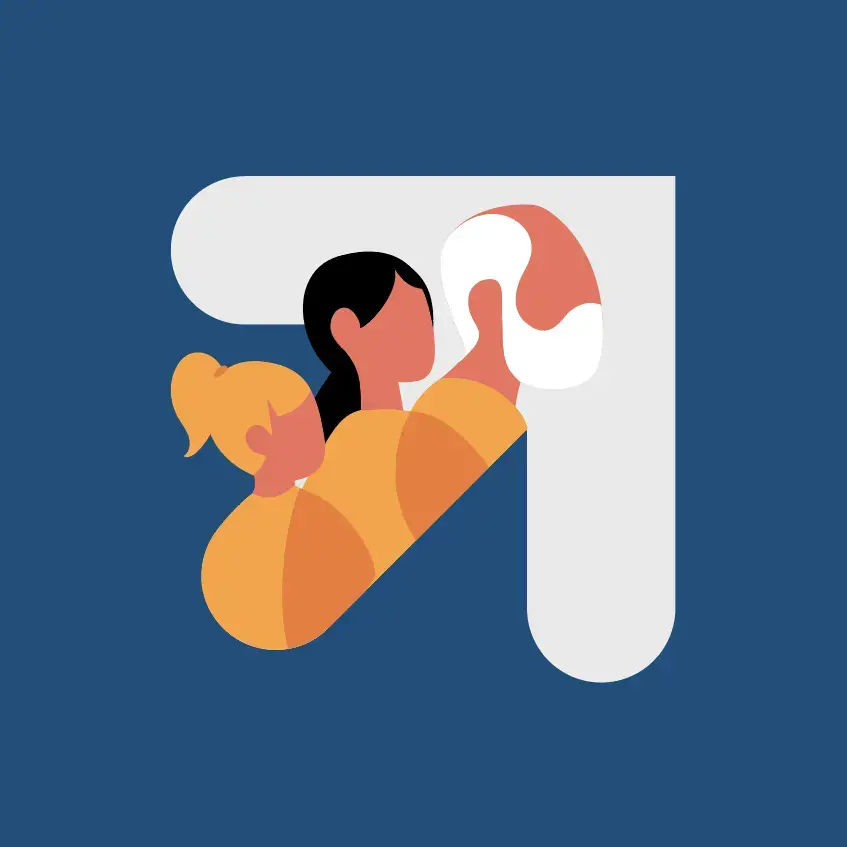Сексуальное и репродуктивное здоровье
Подростковая беременность
Публикации
Publications
Resource
Shaping Europe's Demographic Future: Agenda
Agenda for the upcoming Ministerial Conference on Demographic Resilience: Shaping Europe's Demographic Future.
Читайте далее

